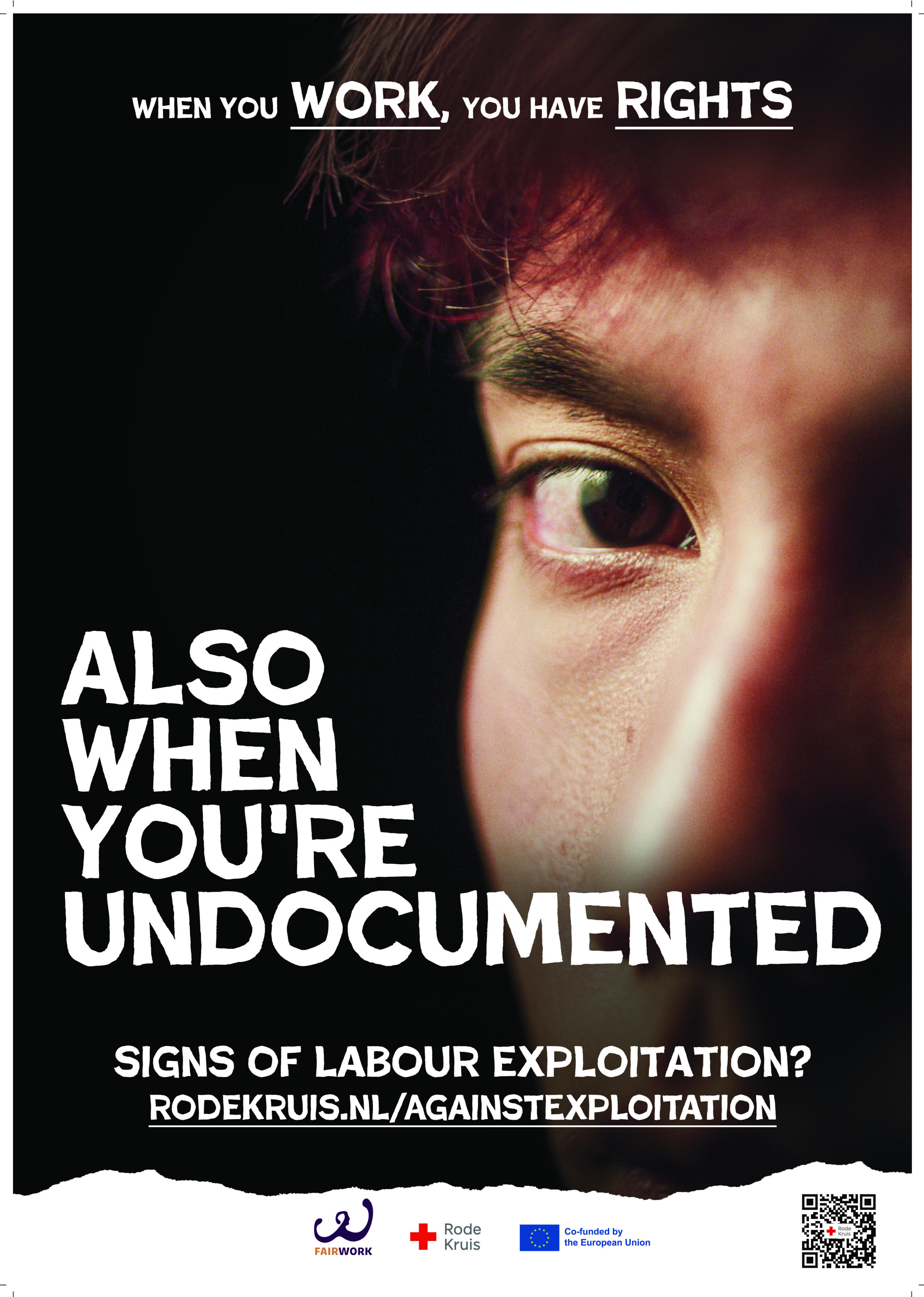Survivors at the center: Rebuilding lives after trafficking
“I want to work for now. Get some money and go to school”
This simple yet powerful statement captures the hope and determination of people rebuilding their lives after surviving human trafficking. Their future depends on being seen, heard, and supported in their self-empowerment through access to the right tools and services.
An EU-funded project has enabled 335 survivors to take steps toward that future across Italy, the Netherlands, Greece, and Spain. These efforts were made possible through an innovative partnership of migrant-led organisations and national organisations, including Red Cross societies, working together under the DIRECT project (Develop coordInation with migRants to Enhance inClusion of Trafficked persons).
Women and girls are disproportionately affected by trafficking, especially sexual exploitation — which is still the most prevalent form in the European Union[1]. Trafficking for forced labour is raising[2], especially in Western and Southern Europe. Survivors face systemic barriers to access protection: challenges in identification, inconsistent data, and limited support in addressing their needs. DIRECT responded by focusing on early identification and long-term inclusion.
/Direct%20event.jpg)
Trust begins in the community
The meaningful involvement of migrant-led, community-based organisations was central to the design of the DIRECT project. These organisations are often more accessible for people from migrant backgrounds experiencing or at risk of experiencing trafficking. A common language and cultural understanding can help to build trust. For example, a Filipino woman in the Netherlands may feel more comfortable turning to Filipino Migrants in Solidarity (FILMIS) — an organisation promoting the Filipino culture, education and the human rights of the Filipino migrants in the Netherlands.
That’s why national partners in DIRECT worked hand-in-hand with these organisations; training 200 professionals from 9 migrant-led groups to identify survivors of trafficking, offer psychosocial and legal support, and connect people to services to realise their rights.
Survivors as leaders
Information is power — especially when it comes from people with lived experience. Through the project, 100 survivors were involved in co-designing awareness raising campaigns to help others understand their rights and reduce the risks of trafficking. Their insights shaped messages that were relatable and would resonate with at-risk communities.
In the Netherlands, the Red Cross and FairWork launched the Know your rights campaign, offering practical tips and support pathways. “In the workshop I learnt about exploitation and human rights. I was unaware before. Now I know what my rights are. It will help me avoid falling into trafficking and being exploited at work,” one participant shared.

Reinforcing skills, building futures
It is crucial that survivors can access protection services that respond to their immediate needs. However, they also need opportunities to be able to earn a living and lead their own recovery. This kind of longer-term support remains scarce, and requires further development according to the EU Anti-Trafficking Strategy. The DIRECT project addressed this gap in longer-term recovery. The programme offered vocational training through workshops aimed at reinforcing or learning new skills, as well as job market guidance, and strategies to seek safe employment. These tools are essential for long-term inclusion, economic independence and restoring dignity.
Basic information
Activity name
DIRECT project (Develop coordInation with migRants to Enhance inClusion of Trafficked persons)
Country
Italy, the Netherlands, Greece, and Spain
Duration
March 2023 - May 2025
Partners
DIRECT’s consortium is composed by the Italian Red Cross, as project co-ordinator; two organizations from the Netherlands, Fairwork and The Netherlands Red Cross; the Spanish Red Cross; the Greek Council for Refugees; the International Rescue Committee, and the community based organization IROKO Onlus, based in Turin (Italy).

